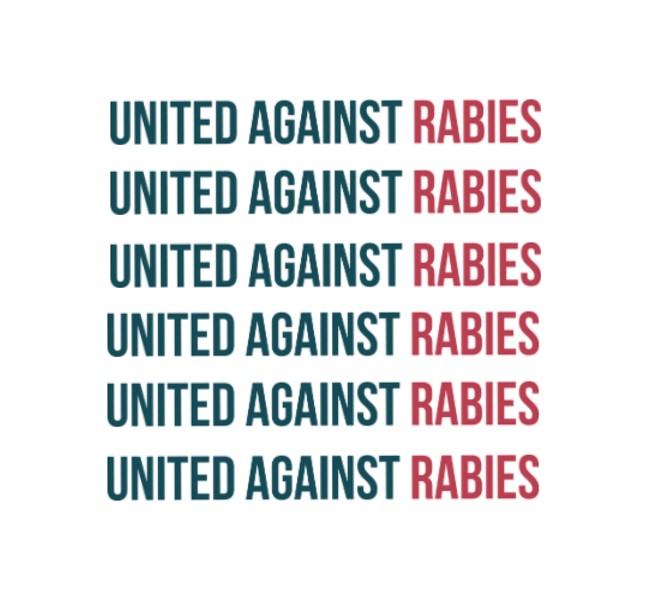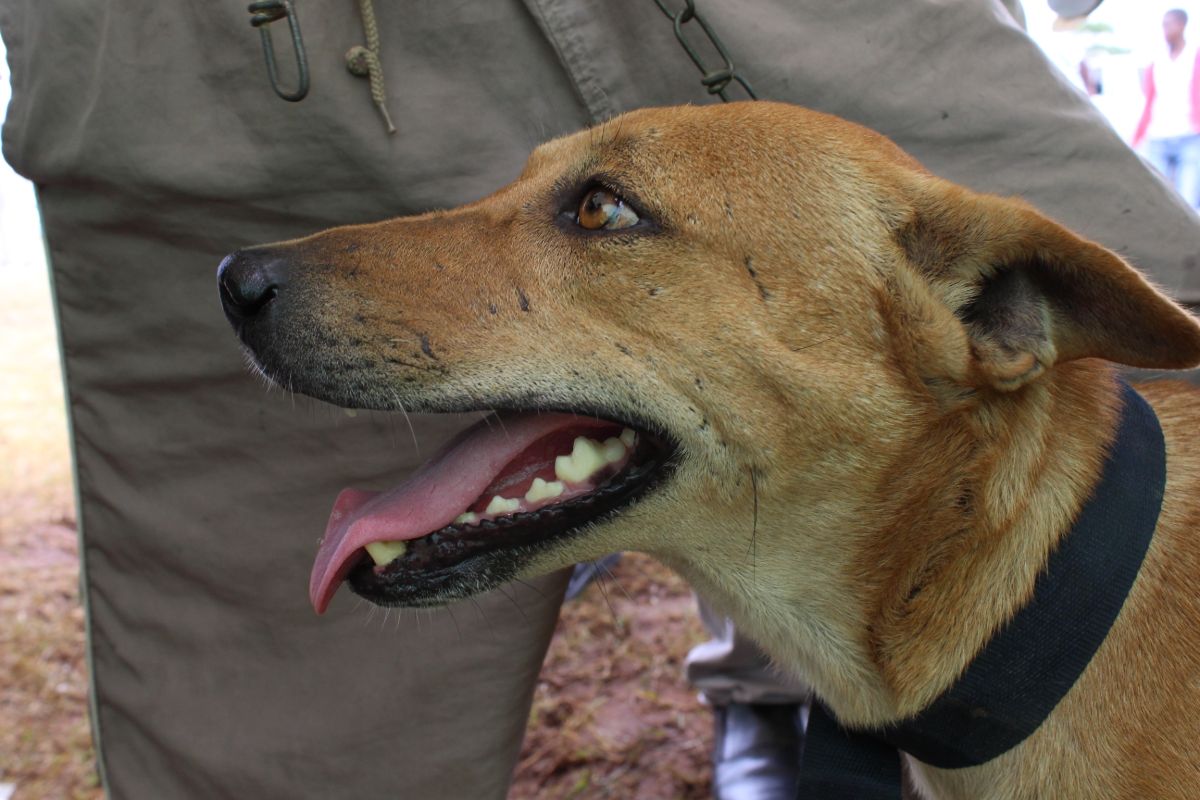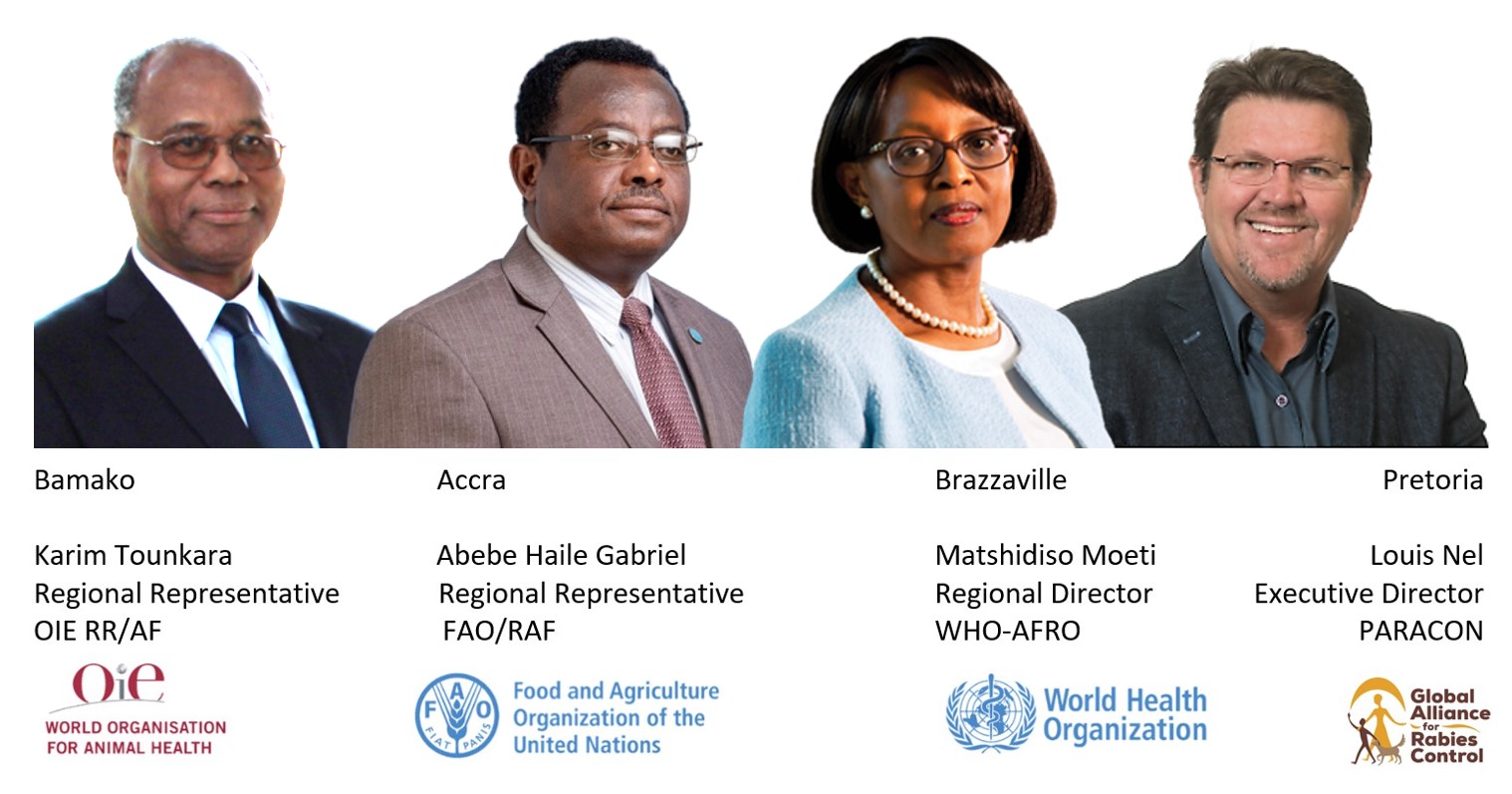
World Rabies Day is one of the most important global awareness-raising activities on the rabies prevention and control calendar, a day when the world unites in the fight against rabies. World Rabies Day is commemorated on September 28 every year. This year is the 15th World Rabies Day, and the theme is “Rabies: Facts, not Fear”.
Today, on the occasion of the 15th World Rabies Day, the lead African Representatives of the Food and Agriculture Organization of the United Nations (FAO), the World Organisation for Animal Health (OIE), World Health Organization (WHO), and the Global Alliance for Rabies Control (GARC) are making a joint appeal to the Human Community in general and to the Chief Veterinary Officers, Chief Medical Officers, and other One Health partners of the African Member States in particular to share accurate facts about rabies and this way contribute to accelerate efforts to combat rabies and rid Africa of human deaths from dog-transmitted rabies by 2030.
The current global COVID-19 pandemic has given rise to misinformation and misconceptions about diseases, their spread, and vaccination in general. In many countries, COVID-19 vaccination efforts are hampered by hesitance to get oneself vaccinated. For rabies, this is nothing new, as fears, misconceptions, and misinformation about the disease and its prevention date back hundreds of years. For that reason, this year’s theme is focused on sharing facts about rabies, and not spreading fear about the disease through misinformation and myths. Facts are the only way to beat fake news. By sharing facts about the benefits of vaccinating animals against rabies, and by ensuring that exposed people receive post-exposure prophylaxis, we can dispel any myths about rabies vaccination to ensure that everyone is protected, and the disease is eliminated.
The word “fear” in this year’s theme relates to the general fear caused by rabies, the fear people experience when encountering rabid animals, the fear people live with in communities plagued by rabies, the fear people may experience when infected with rabies, the fear of horrifying death, and lastly, the fear caused by ‘fake news’ or myths about rabies – making people afraid of vaccination, or to get their animals sterilized or vaccinated, and making people turn to ineffective treatments for the disease. Let us use facts to raise awareness, educate others about rabies, and ensure that decisions about rabies control in our countries are based on the correct, and most up-to-date, information.
It is a fact that rabies is 99.9% fatal once symptoms appear but is 100% preventable. Although there is 1 death every 9 minutes and 40% are children under 15 years of age, human deaths from rabies are preventable through prompt post-exposure prophylaxis. Mass dog vaccination – with a target coverage rate of 70% sustained over multiple years – will interrupt the disease transmission cycle between animals and humans, resulting in the elimination of dog-mediated rabies. Awareness, education, and community engagement are key to improving the health-seeking behaviour of dog bite victims and implementing mass dog vaccination campaigns. Unfortunately, the COVID-19 pandemic has disrupted dog vaccination campaigns, awareness education programmes, rabies surveillance, and reduced access to post-exposure prophylaxis in several countries in the world, resulting in low vaccination coverage of dogs and increased incidence of human deaths from rabies. The aim is that Member States will again prioritize and fund rabies control activities once the global public health situation regarding COVID-19 has stabilized. So long as rabies control activities remain unprioritized and neglected, the momentum that our countries have gained thus far will be lost and it will derail our collective attempts to achieve the global target of ‘Zero by 30’.
Indeed, there has been significant progress towards the elimination of dog-mediated rabies in Africa and in the world. In September 2020, the United Against Rabies Forum (UAR) was launched by the Directors-General of the FAO, OIE, and WHO, to accelerate the sustained effort needed to deliver on the vision of ‘Zero by 30’, promoting a One Health approach. The UAR Forum provides a platform for rabies stakeholders to work together more efficiently and effectively to advance the collective efforts of all stakeholders in achieving ‘Zero by 30’. The UAR Forum members have started collaborating in result-focused working groups to drive the activities and actions that will contribute to the elimination of dog-mediated rabies by 2030.
For the first time in history, the OIE World Assembly of Delegates, during its May 2021 General Session, endorsed the official control programme against dog-mediated rabies for a Member State in Africa, Namibia. This is a great move forward in the fight against this disease. Having gathered evidence that the official control programmes comply with OIE international standards, Namibian stakeholders will be able to use this endorsement to advocate for support from the government to progressively prevent and control rabies and achieve the goal of Zero by 2030. The Tripartite and GARC have recently supported several Member States to develop their multisectoral rabies elimination plans towards the same goal. Other countries in Africa are encouraged to develop their national strategic plans and request for OIE endorsement.
Let us all join hands and make the Africa region free of dog-mediated rabies and consequently contribute to a better world that is free from rabies. Let us use facts to raise awareness and educate about rabies, and advocate for rabies elimination globally and in the Africa region.
28 September 2021




